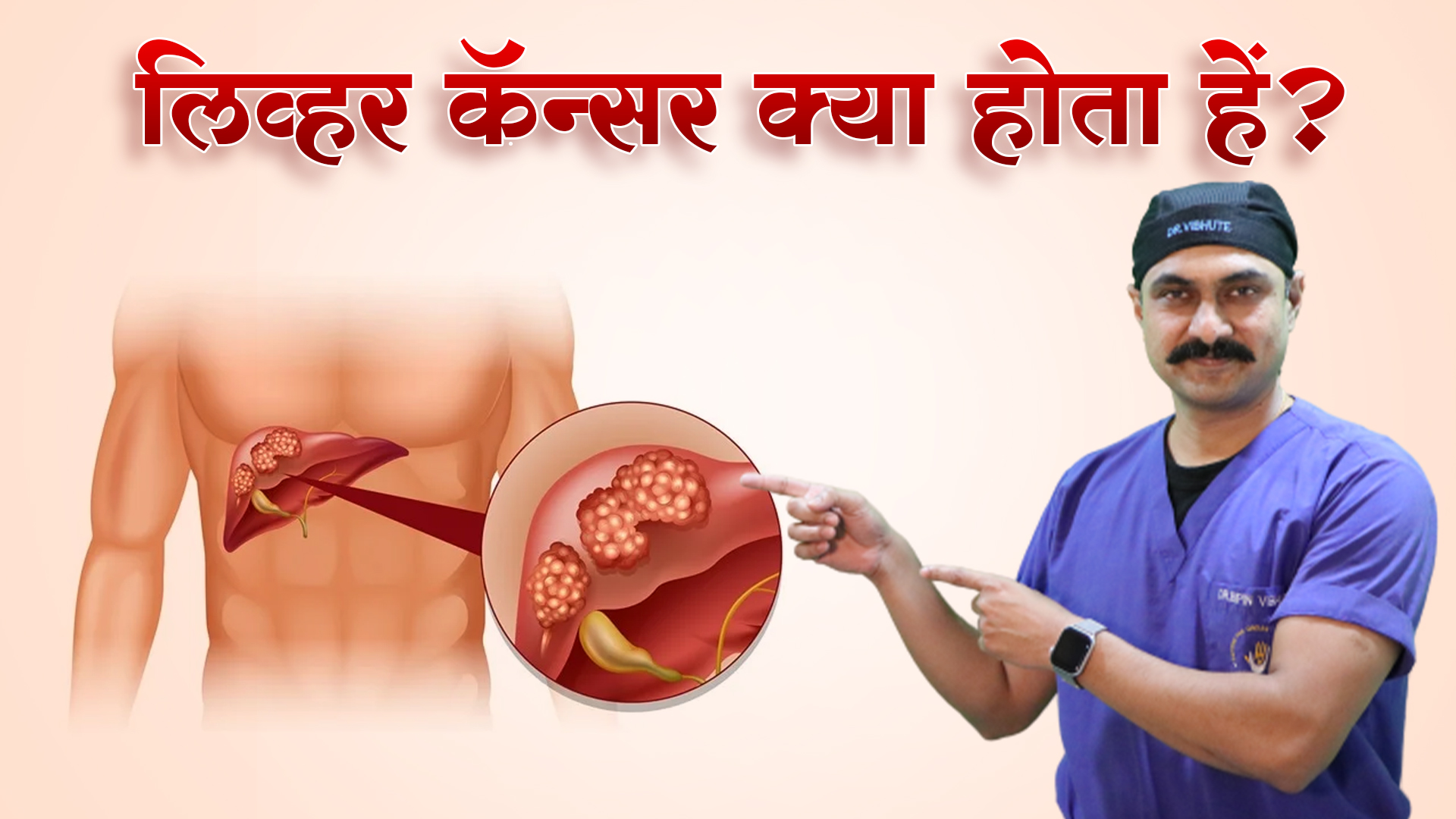Pravin Patole (Transplant Year: 2021)
Treatment : Liver Transplant
Saket Khadakkar (Transplant Year: 2021)
Treatment : Liver Transplant
Pravin Patole (Transplant Year: 2021)
Treatment : Liver Transplant
Saket Khadakkar (Transplant Year: 2021)
Treatment : Liver Transplant
Pravin Patole (Transplant Year: 2021)
Treatment : Liver Transplant
Saket Khadakkar (Transplant Year: 2021)
Treatment : Liver Transplant
Error: Contact form not found.

In the human body, liver performs a lot of useful functions that allows your body to expunge the bad elements. This organ changes the nutrients and other chemicals that you consume into something productive for the body. But besides from the good food nutrients, some of the things that enter this organ have extremely harmful properties, like cancer-causing agents. Let’s learn about what is liver cancer treatment.
What is Liver Cancer?
In medical terms, it is called Hepatocellular Carcinoma.
Liver cancer is cancer that begins in the cells of your liver. Your liver is a football-sized organ that sits in the upper right portion of your abdomen, beneath your diaphragm and above your stomach.
Several types of cancer can form in the liver. The most common type of liver cancer is hepatocellular carcinoma, which begins in the main type of liver cell (hepatocyte). Other types of liver cancer, such as intrahepatic cholangiocarcinoma and hepatoblastoma, are much less common. There are surgical and non surgical methods available for liver cancer treatment.
Cancer that spreads to the liver is more common than cancer that begins in the liver cells.
There are 2 types of liver cancer:
1. Primary liver cancer is cancer that forms in the tissues of the liver. It is extremely difficult to identify it at an early stage.
2. Secondary liver cancer begins in another part of the body and then spreads to the liver. Commonly secondary cancer, and it most often spreads from colon, lung, and breast cancers. When this happens, the disease is not liver cancer. It is named for the organ where it began, and cancer in the liver is secondary.
Risk Factors of Liver Cancer:
1. Viral Hepatitis –
• Viral hepatitis is one of the largest risk factors for this type of cancer.
• Hepatitis B and Hepatitis C face an increased risk of developing adult primary liver cancer.
2. Cirrhosis –
a. Cirrhosis is a disease in which liver cells become damaged and are replaced by scar tissue. People with cirrhosis have an increased risk of liver cancer.
b. There are several possible causes of cirrhosis, like abuse of alcohol or have chronic hepatitis B or C infections. Liver cancer treatment depends on its type and stage.
3. Age and Gender
a. Liver cancer is much more common in males than in females.
4. Inherited Metabolic Diseases
a. Certain inherited metabolic diseases can lead to cirrhosis. People with hemochromatosis absorb too much iron from their food. They are more likely to develop cirrhosis because of the high levels of iron in their liver.
b. Other rare diseases that increase the risk of liver cancer include tyrosinemia, alpha1-antitrypsin deficiency, porphyria cutanea tarda, glycogen storage diseases, and Wilson disease.
5. Diabetes and Obesity –
a. Diabetes can also increase the risk of liver cancer, usually in patients who have other risk factors such as heavy alcohol consumption and/or chronic viral hepatitis.
b. Obesity may increase the risk of developing liver cancer, probably because it can result in fatty liver disease and cirrhosis.
6. Anabolic Steroids –
a. Anabolic steroids are male hormones used by some athletes to increase their strength. Long-term anabolic steroid use can slightly increase the risk of hepatocellular cancer.
7. Arsenic –
a. Chronic exposure to drinking water contaminated with naturally occurring arsenic, such as that from some wells, increases the risk of some types of liver cancer.
Symptoms of Liver Cancer:
1. A hard lump or swelling found on the right side of the abdomen, just below the ribs
2. Pain or discomfort on the upper side of the abdomen or by the right side of the shoulder blade
3. Jaundice, or the yellowing of the skin or the whites of the eyes or dark-coloured urine
4. Nausea, loss of appetite or feeling full shortly after you begin to eat
5. Unexplained weight loss
6. Fatigue
7. Swollen abdomen, bleeding (the symptoms of cirrhosis)
अधिक जानकारी के लिए पूरा वीडियो देखे। आप अपने प्रश्न कमेंट बॉक्स में भी दाल सकते या हमें कॉल करे – +91 – 9202247365 / +91 – 9209145678
The language used in this video is #Hindi.
Previous Video on How to Prevent Hang Over and Liver Damage After Alcohol Drink?: https://youtu.be/qBdtaIsPSyE
Visit website: https://thelivertransplant.com/
About Dr.Bipin Vibhute and this channel:
______________________________________
Dr. Bipin Vibhute is the program director of the Center for Organ Transplants, Jupiter Hospitals ( Pune, Nashik & Karad ). He is famous for his outstanding surgical skills, great patient rapport, down-to-earth nature, and infectious smile.
Through this channel, we are bringing a lot of information related to the liver, its various diseases, and some important information. So, stay updated, subscribe, like, and share our channel.
Thanks!
